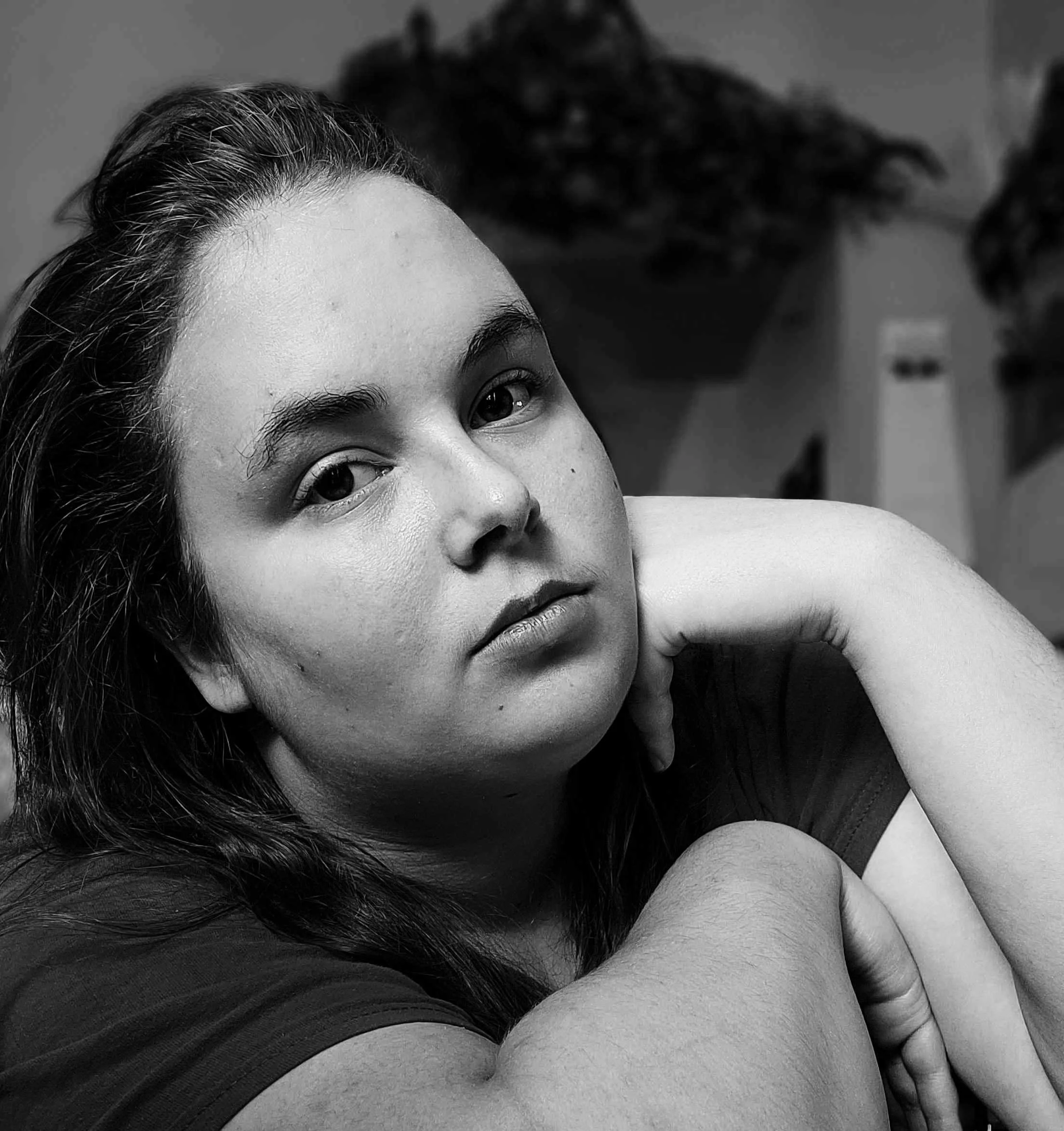Starling House by Alix E. Harrow
Blurb:
Starling House is a gorgeous, modern gothic fantasy from the New York Times bestselling author of The Ten Thousand Doors of January.
I dream sometimes about a house I’ve never seen….
Opal is a lot of things―orphan, high school dropout, full-time cynic and part-time cashier―but above all, she's determined to find a better life for her younger brother Jasper. One that gets them out of Eden, Kentucky, a town remarkable for only two things: bad luck and E. Starling, the reclusive nineteenth century author of The Underland, who disappeared over a hundred years ago.
All she left behind were dark rumors―and her home. Everyone agrees that it’s best to ignore the uncanny mansion and its misanthropic heir, Arthur. Almost everyone, anyway.
I should be scared, but in the dream I don’t hesitate.
Opal has been obsessed with The Underland since she was a child. When she gets the chance to step inside Starling House―and make some extra cash for her brother's escape fund―she can't resist.
But sinister forces are digging deeper into the buried secrets of Starling House, and Arthur’s own nightmares have become far too real. As Eden itself seems to be drowning in its own ghosts, Opal realizes that she might finally have found a reason to stick around.
In my dream, I’m home.
And now she’ll have to fight.
Welcome to Starling House: enter, if you dare.
Review:
“Starling House was no longer just a house. What had begun as stone and mortar had become something more, with ribs for rafters and stone for skin. It has no heart, but it feels; it has no brain, but it dreams.”
― Alix E. Harrow, Starling House
Orphan, high school drop-out, thief, and liar - Opal is a lot of things, but she never expects to become a cleaner for the infamous (and supposedly haunted) Starling House in her small, religious, throwaway town Eden. When her luck runs out and she finds herself in need of a job to live and send her younger brother to a prestigious school she thinks he'll love, she takes up the position of a cleaner at the House. Except, the House isn't quite normal, and neither is the ugly but compelling boy who protects it.
Starling House was my first introduction to Alex E. Harrow's literary works, and it did not disappoint. When I started reading it, I dove right in - and wished I hadn't left it on my shelf for so long, unread. Harrow has an exquisite grasp of prose, description, and characterization.
Opal as a main character is incredibly compelling. Despite her faults and flaws, her thievery and her desperation to keep a list of the things she must focus on above all else, she is a protagonist you can't help falling in love with. Her snark, bravery, and even her lack of physical appeal makes her intriguing, wild, and exciting. A truly fresh perspective as a protagonist: one who doesn't care who she offends or what she loses if she gets what she desires. The true definition of a "morally gray" protagonist.
Harrow's voice in this novel, written in first person, pinpointed issues many writers often overlook in their writing, such as the candid but grotesque inner thoughts many people face and ignore, and many other similar details. I felt like I got a real glimpse at this world, at the House that isn't quite dead but isn't quite living, that parallels our own down the grittiest, most selfish details regarding what terrible things people do to achieve their goals.
Haunting and lyrical, Harrow's prose was like returning to those stories I'd been read at my bedside: strangely nostalgic, mesmerizing, and terrifying.
While there was no magic system in Starling House, there was a speculative bent and paranormal atmosphere crafted from original eldritch beasts, a light retelling of Alice In Wonderland, and a protagonist who doesn't believe any of the unnatural incidents in Eden had unorthodox origins.
This book makes an incredible commentary on how people turn a blind eye to the things they don't want to understand, the things so brutal in life that they're easier to ignore than to handle. It also showcased, in totality, why it's so essential not to ignore these problems through the arc of the main character. Opal may not be redeemable, but she's capable of getting better, like most people set on doing the right thing after tolerating (or experiencing) the wrongs of the world.
The best part of Starling House, in my opinion, was the grim, melancholy, and twisted tone of the entire narrative. The prose was haunting and crooked, often pointing out things we wouldn't consider to note in an average book's descriptions, such as comparing Arthur's fighting style to a "butcher" and his mother's to an "apocalypse".
It was a fresh, vivid, raw tale of pain, heartbreak, grief - and how to come out of it a better person.
Guest Reviewer Bio:
Mylee J. Miller is a reader and author in a never-ending fight against her infinite TBR. She enjoys reading many genres, but science fiction and fantasy of most subgenres are where she finds herself at home. She adores books with the same vibes as The Bridge Kingdom by Danielle L Jensen, A Study In Drowning by Ava Reid, Little Thieves by Margaret Owen, and anything by Brandon Mull, Brandon Sanderson, Andy Weir, and Leigh Bardugo. When she’s not fighting to become a not-so-gourmet chef or walking her cat, you can find her screaming along to Imagine Dragons music and eating too much Italian food.

